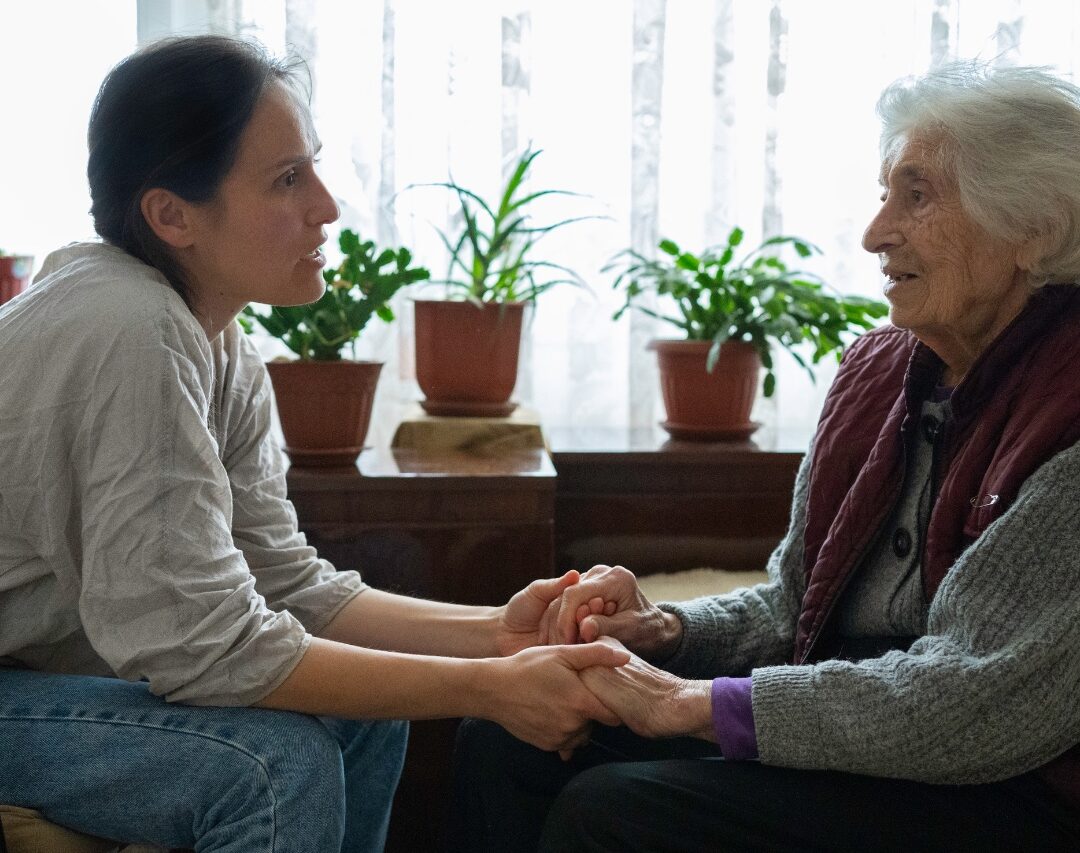Creating Social Value Through Human Connection
Social value is more than a policy requirement or a box to tick, it’s about leaving a positive legacy for people and communities. In the UK, the Government’s Social Value Model requires organisations to evidence how they improve wellbeing, reduce inequality, and strengthen society.
At Care to Volunteer, we make social value real, measurable, and human by tackling one of the greatest challenges of our time: loneliness and social isolation.
At Care to Volunteer, we make social value real, measurable, and human by tackling one of the greatest challenges of our time: loneliness and social isolation.


What Social Value Means to Us
For Communities
Stronger connections, improved wellbeing, and reduced reliance on public services.
For Businesses
A clear way to demonstrate ESG and CSR impact, backed by measurable outcomes.
For Public Sector Partners
Credible evidence to meet procurement and commissioning requirements.
For Volunteers
A sense of purpose and the chance to make a meaningful difference.
Why Loneliness is a Social Value Issue
By addressing loneliness, we unlock benefits across health, economy, and society.
Health Impact
Loneliness is linked to increased risk of heart disease, stroke, depression, and early mortality.
Economic Impact
Social isolation increases demand on health and social care services.
Community Impact
Loneliness weakens civic participation, trust, and resilience.
How We Deliver Social Value
Structured Volunteering Opportunities
We create programmes that are safe, accessible, and tailored to community needs.
Measuring What Matters
We capture both quantitative data (hours volunteered, people supported) and qualitative insights (stories of impact).
Alignment With National Frameworks
Our reporting is designed to support:
• UK Government Social Value Model (PPN 06/20)
• NHS and local authority wellbeing outcomes
• Corporate ESG and CSR reporting
• UK Government Social Value Model (PPN 06/20)
• NHS and local authority wellbeing outcomes
• Corporate ESG and CSR reporting
Long-Term Partnerships
Social value isn’t a one-off, we help partners build sustainable programmes that grow over time.





The Human Side of Social Value
Social value is not just numbers on a page. It’s:
A volunteer spending time with someone who hasn’t spoken to a friendly face all week.
A team of employees making a difference in their community.
A council or NHS trust able to show stakeholders that loneliness is being tackled effectively.
This is the kind of change that lasts, both for communities and for the organisations involved.
Social Value: What You Need to Know
What exactly is “social value”?
Social value refers to the wider benefits an activity brings to society, beyond financial or operational outcomes. This includes wellbeing, community resilience, equality, and sustainability.
Is social value only for the public sector?
No. Businesses are increasingly expected by investors, employees, and customers to show positive social impact as part of ESG commitments.
Why is tackling loneliness considered social value?
Because it improves health, reduces strain on public services, and strengthens communities, aligning directly with government and public sector priorities.
Can businesses use social value in tenders?
Yes. Demonstrating measurable social value can strengthen bids, especially when aligned with government procurement requirements.
How do you measure social value?
We use a combination of frameworks (such as the Social Value Model) and direct impact metrics, including hours volunteered, wellbeing outcomes, and case studies.
How can individuals contribute to creating social value?
Volunteering time, sharing skills, supporting local initiatives, or even participating in community decision-making. Every small action can contribute to wellbeing, sustainability, and stronger, more resilient communities.
Let’s Talk
Whether you’re a business looking to strengthen ESG, a public sector body seeking to meet social value requirements, or an individual wanting to make a difference, we can help turn policy into people-powered impact.
